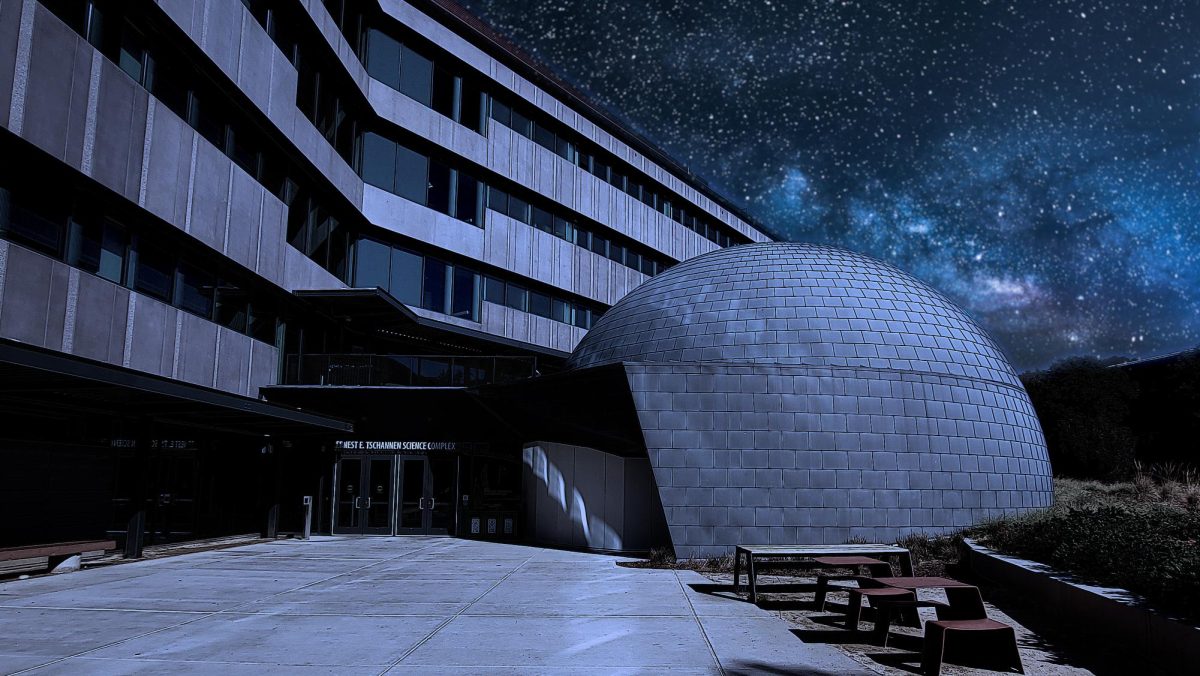Sac State considers religious observance
October 22, 2014
The Sacramento State Faculty Policies Committee discussed the possibility of a calendar of religious and cultural holidays to help faculty schedule classes with student beliefs in mind, during the committee’s Oct. 15 meeting.
FPC, which reports to the Faculty Senate, develops and reviews policies in areas that include academic freedom, professional standards and the Academic Calendar.
Management professor Sharyn Gardner spoke to the committee about creating the calendar, which she said could bring faculty members’ attention to the major holidays of religions and cultures represented on campus.
Gardner addressed her concern regarding religious and cultural holidays celebrated by students to the Dean of Undergraduate Affairs Sheree Meyer, who referred her to the committee.
Some religions forbid followers to work on certain days, which can present challenges to students whose teachers schedule tests or other classwork on those days.
California universities have adjusted to religious events before. In 2007, UC Davis and the six other UC campuses on the quarter system adopted a policy that would delay the start of the school year to avoid conflicting with the Jewish High Holy Days, a 10-day period when observant Jews are forbidden from doing work.
“Could there be a calendar where it says, ‘Here are the holidays to be aware of’?” Gardner said.
Most CSU campuses do not list religious and cultural holidays on their websites for students or faculty that recognize certain holidays, CSU Chico, Channel Islands, Fresno and Los Angeles are among those campuses. Sac State also does not have a list of religious and cultural holidays on the Academic Calendar, except for Christmas Day.
Committee member Hakan Ozcelik expressed concerns about the calendar’s effects.
Ozcelik, a management professor, said having too many absent students could disrupt in-class work, such as presentations and tests.
“Is it practical? Every day there will be students not coming in because it’s their holiday,” he said.
Gardner said the calendar would be a non-binding guide for faculty members to make sensitive choices when students ask them to be excused for a holiday.
“It doesn’t mean you change your whole world because of it,” Gardner said.
Civil engineering major Reaa Ali said she agreed when she learned about the proposal.
Ali said as a Muslim, she often has to check if Eid al-Adha, a major four-day festival, and Eid al-Fitr, a three-day holiday at the end of Ramadan, will conflict with her classes.
“The only unfortunate part about them is that they fall on different days each year,” Ali said, meaning the proposed calendar would need to be updated yearly.
The two holidays are set according to the lunar Islamic calendar, which shifts in relation to the Gregorian calendar. Eid al-Adha, for instance, began Oct. 5 this year. In 2015, it will start on Sept. 23.
Ali said her professors have generally been very understanding when classes conflict with holidays.
“In the past, I’ve just been able to ask the professor in-person,” she said.
All CSU campuses follow California Education Code 89320 when students request to take a test at a different time for religious reasons. The policy allows students to take tests without penalty at a time that does not violate their religious beliefs.
Sac State extends the code in its Religious Observance Policy to major assignments, deadlines and class participation.
For conflicting requirements included in a syllabus, the university encourages students to notify their teachers before the end of the open-add deadline, two weeks after the school year begins. For requirements announced after the open-add deadline, students are asked to tell teachers before the end of the class period following the announcement.

























































































































